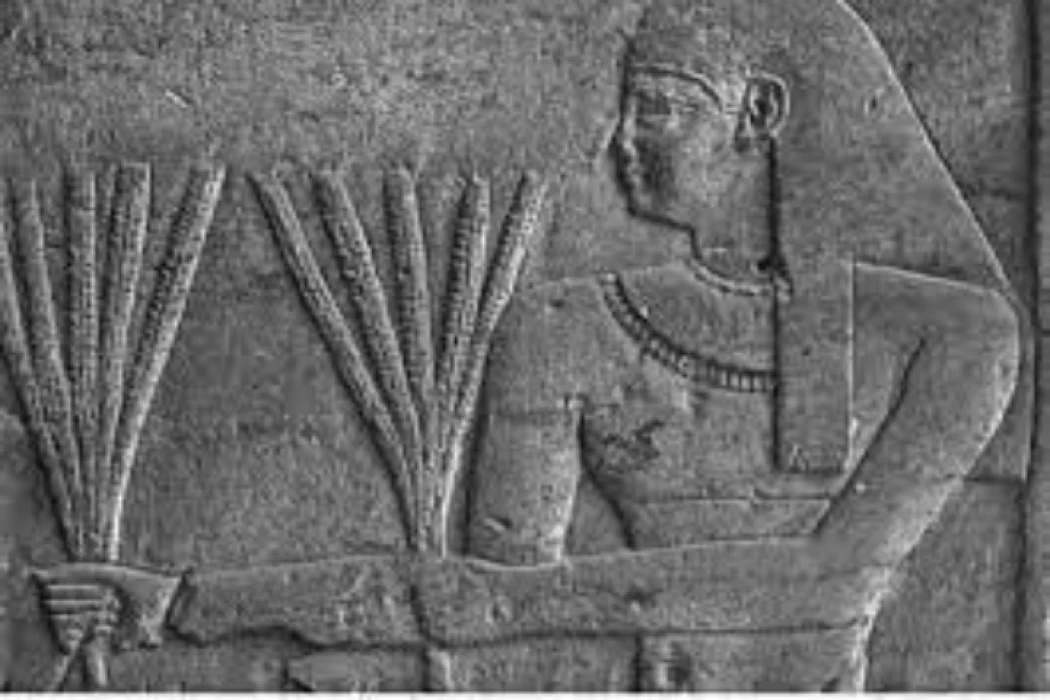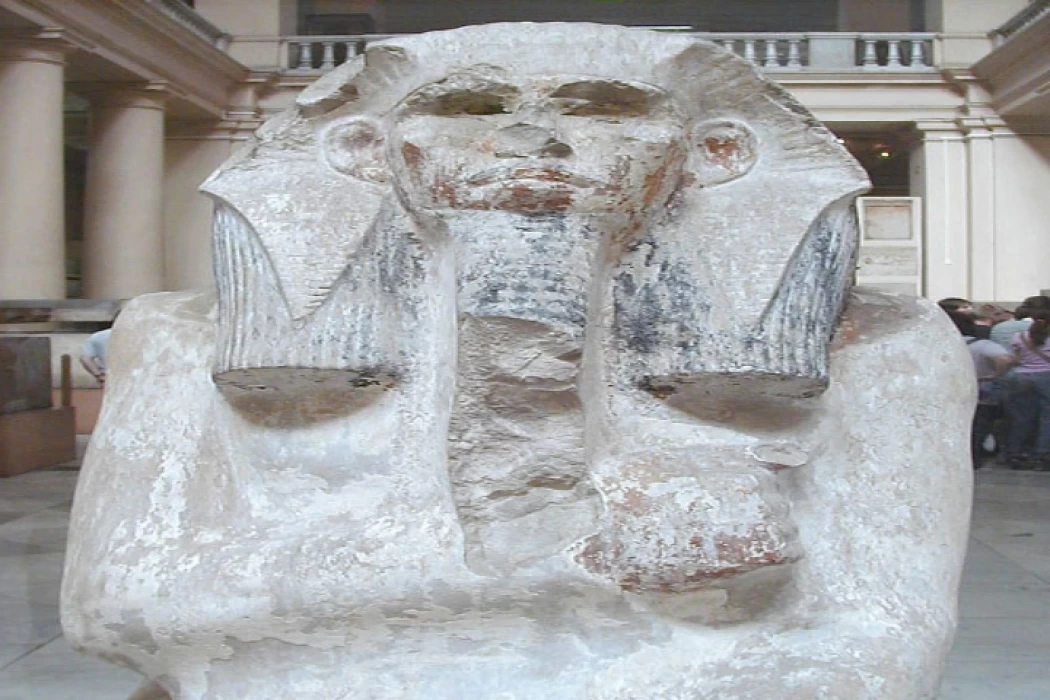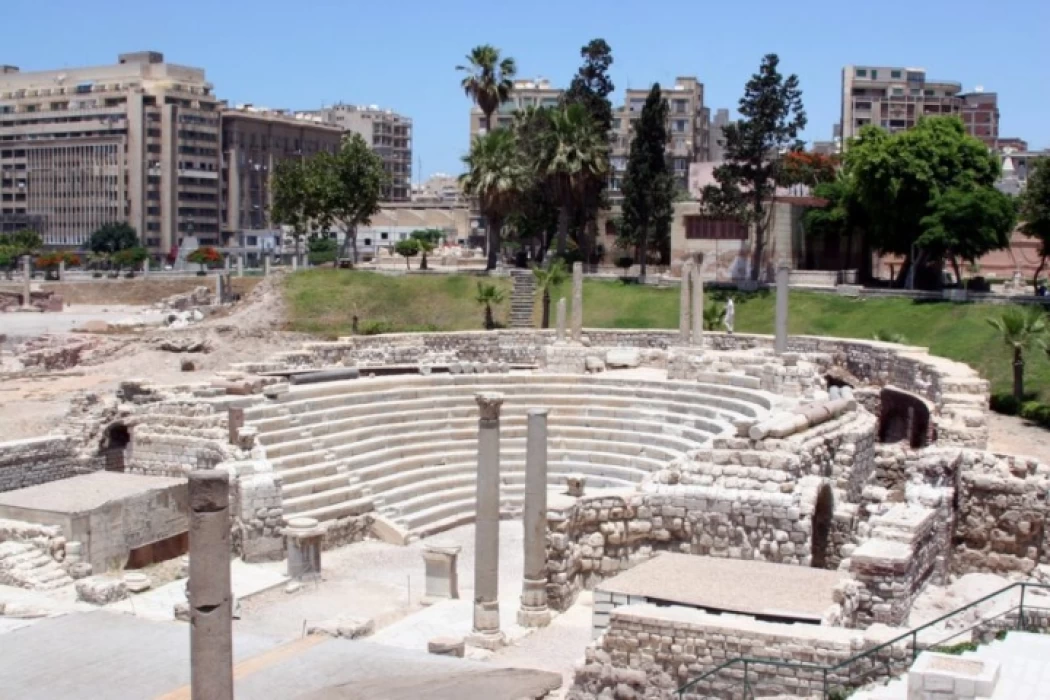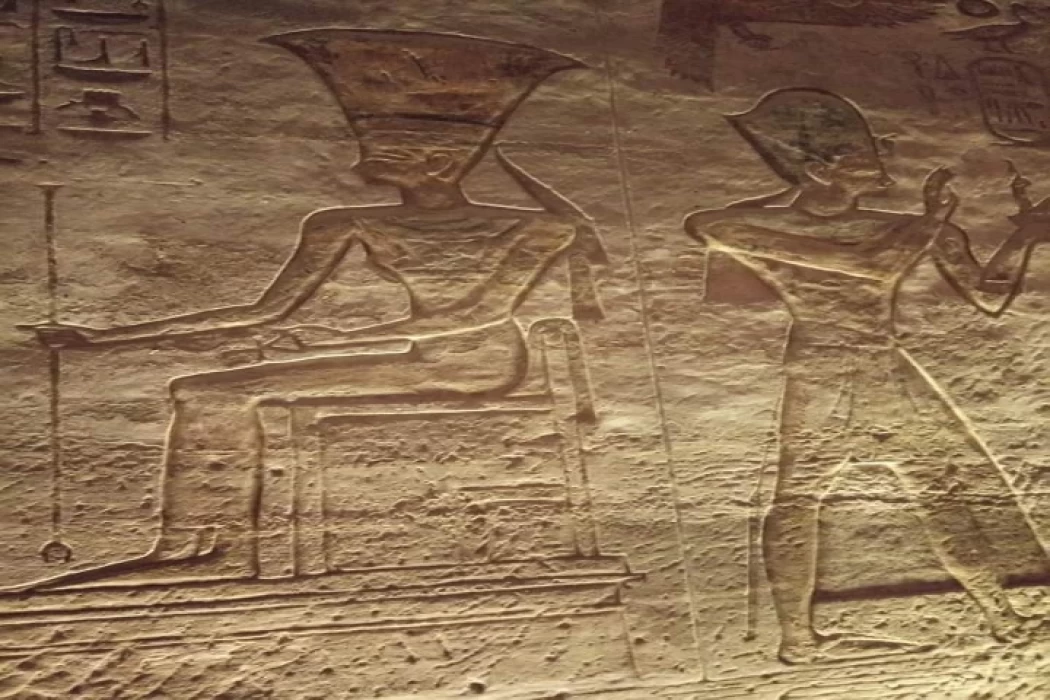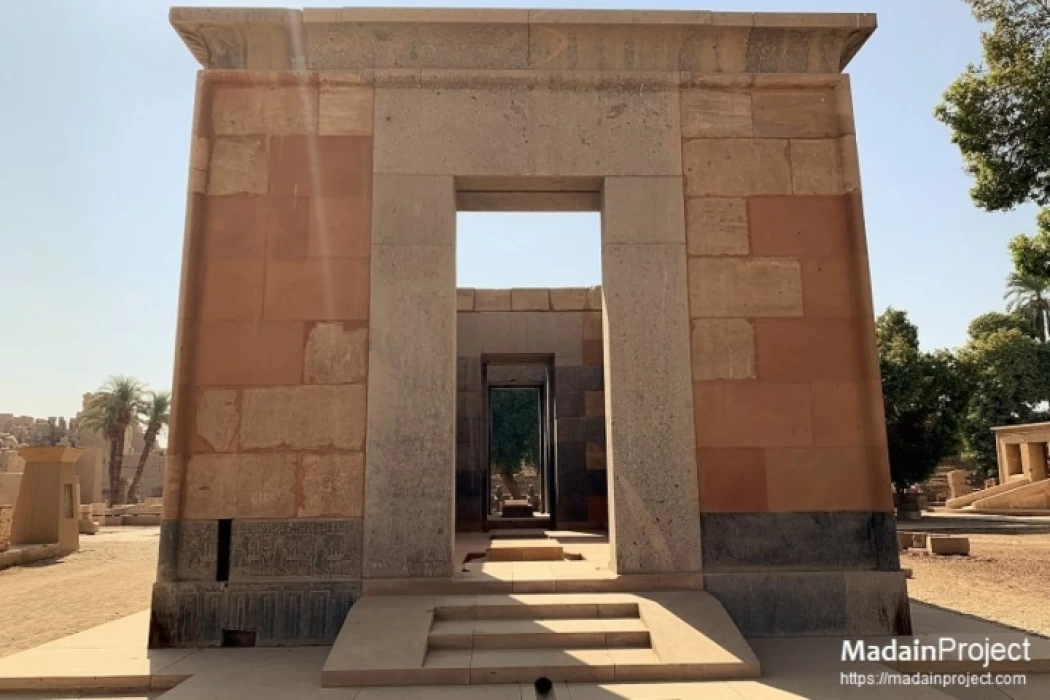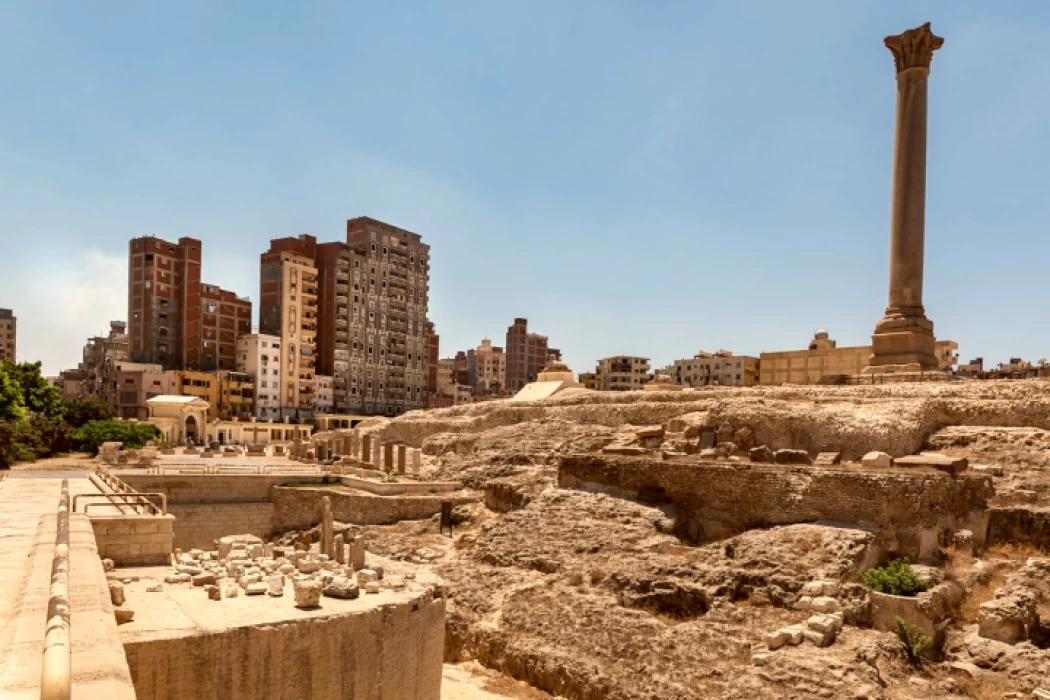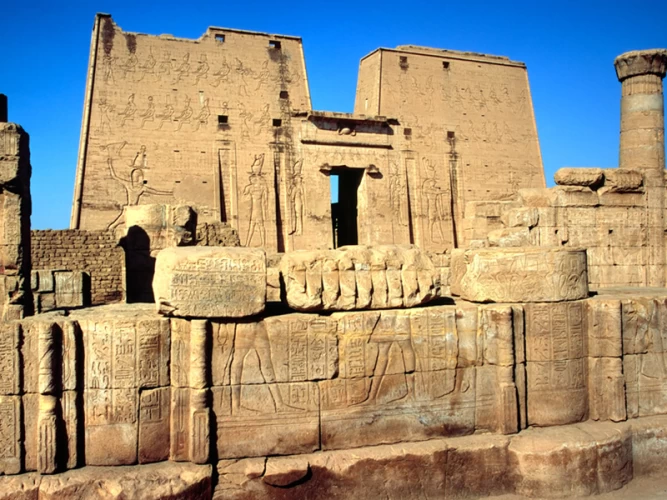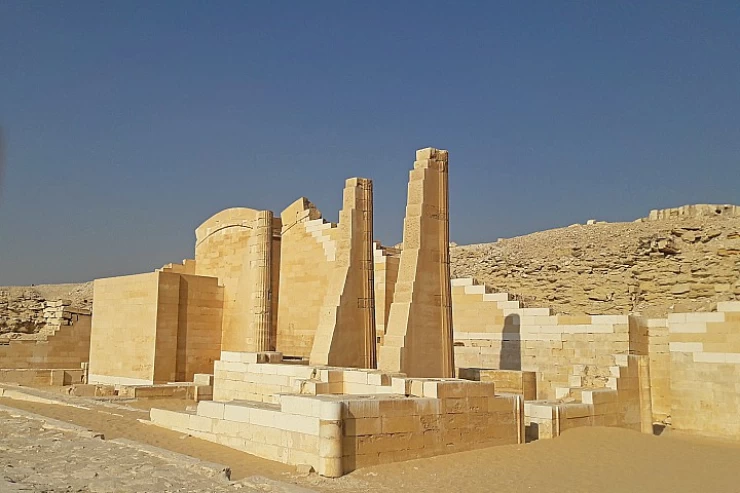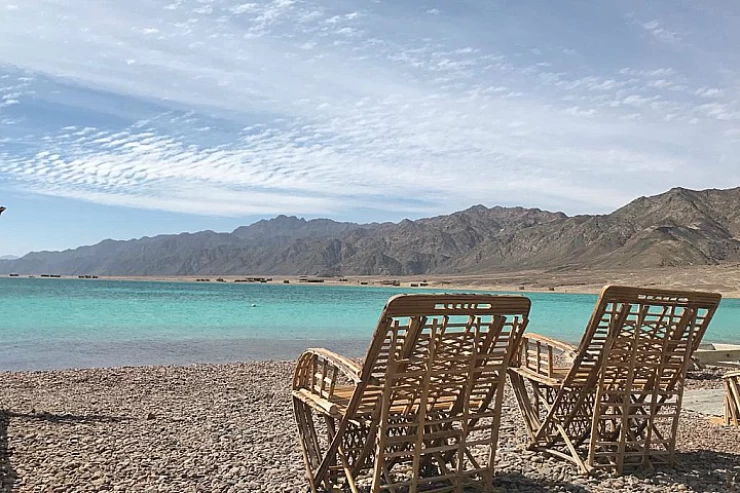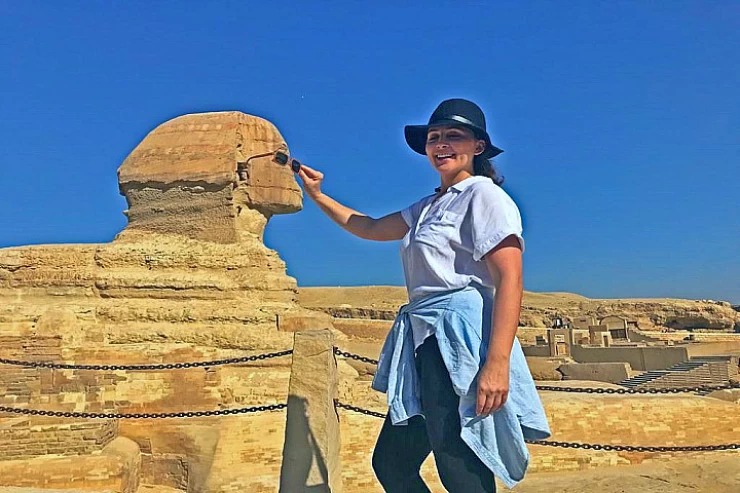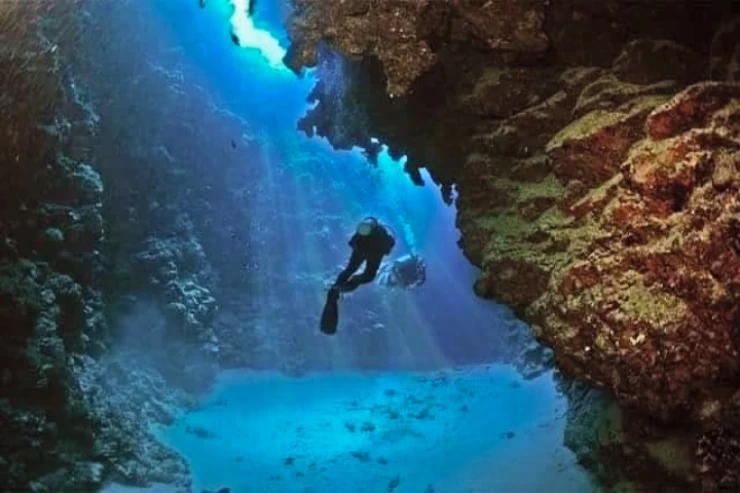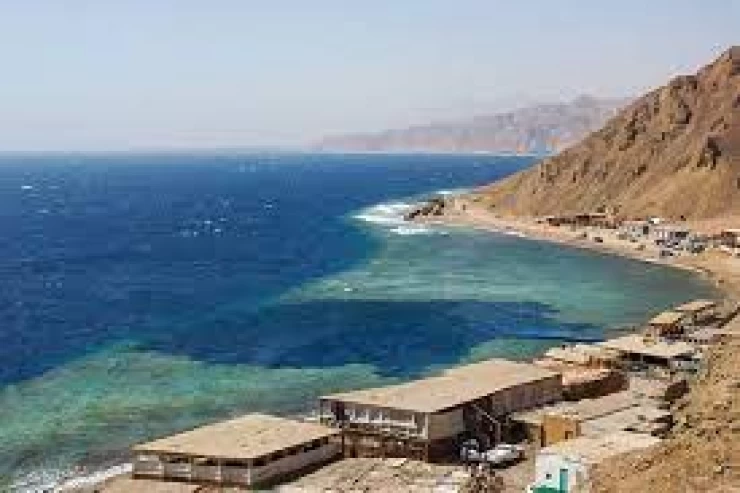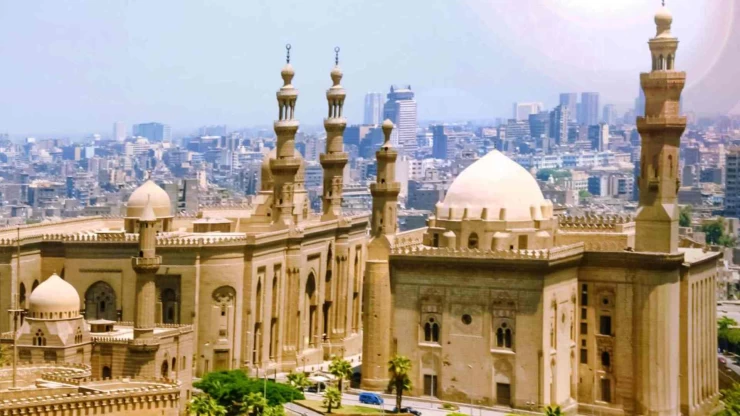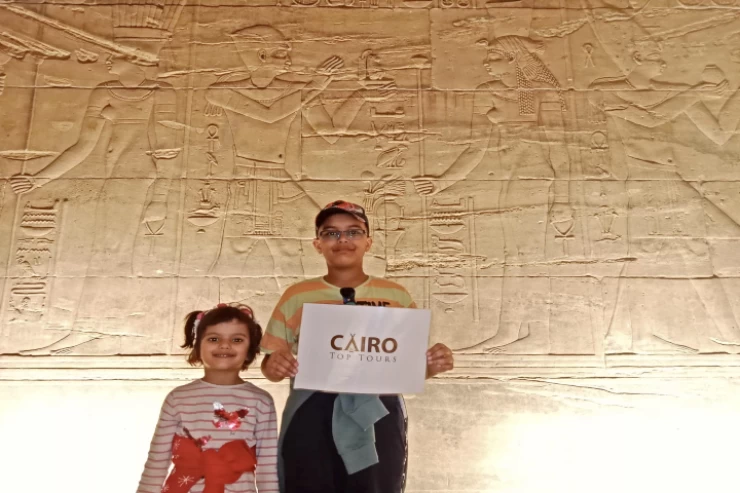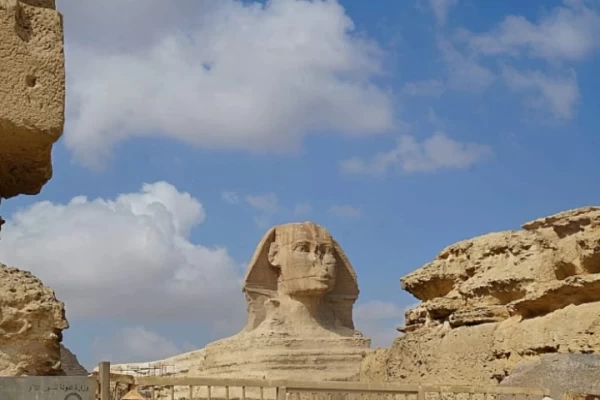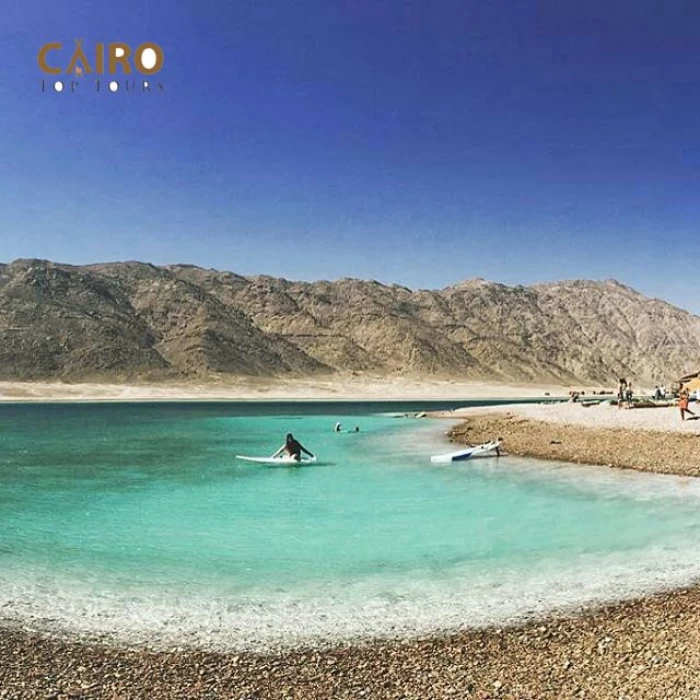
Dahab City
Dahab is a tourist Egyptian city belonging to the South Sinai governorate located on the Gulf of Aqaba, about 100 km from Sharm el-Sheikh and 87 km from Nuweiba, and it was named after the golden color of its sand. The city is divided into two parts, the first is located south and is called the village of ASALA and is famous for the simple Bedouin life, and the second section is located north and is the soul and pulse of the city because it includes commercial markets and entertainment places, and the city is famous for its pristine beaches .
The city originated as a small fishing village and then became famous in the nineties after the Egyptian government paid special attention to it, so it set up hotels and tourist villages in its heart, and some Bedouins still reside there today.The city was famous in the old days as a sea port on the Gulf of Aqaba used by the Nabataean Arabs since the second century BC until 106 AD in storing their goods in preparation for transporting them to the port of Suez by land through the Sinai valleys, thereby controlling the trade route between East and west through Sinai and the port of Dahab. After the October War and the liberation of Sinai, Egypt received the city from the Israeli side in 1982, and it was only the Old Market in the city and a limited number of chalets.
The city includes many prominent tourist places, represented by Ras Abu jalloum, a nature reserve and diving area, the bluehall area, which is one of the world famous diving places, the canyon area, which is one of the excellent diving areas, the ASLA area, which is an area where almost 75% of the city's population lives and is divided into three areas (Mubarak City, zarnouk, Asla), coral island towards the Palestinian border, which is located the remains of a historical castle built by the Crusaders, the AL-melil area, a road parallel to the coast road, which includes some small hotels, cafeterias and houses, the Masbate area, which is the main tourist commercial area in the city, it starts with Al Fanar Street and then Bay The Masbate includes a large group of shops, diving clubs, cafes, camps and hotels, the mashraba area includes a large number of cafeterias and diving centers, and also includes the only trace located there, the mashraba Hill, which is a warehouse for one of the old ports, the Dahab City area, which includes government agencies and major hotels, the Wadi Qani area, which represents the future urban extension of the city, as it includes a large group of hotels, Service and residential complexes, in addition to the lighthouse, El garden and Oasis areas. Dahab includes two bays, Laguna or Gazala, which is characterized by the presence of the only sandy beach in the city, and Al-Qura, which is located in the center of the city, in addition to the resorts stretched along its shores, which merge with the surrounding nature with stalls made of wood and palm trees intended to accommodate tourists.
Abu Jalloum Reserve ,
The Abu jalloum Reserve is located on the Gulf of Aqaba in an area called Wadi Al-Rassa, and was declared a reserve in 1992. The Reserve is characterized by its special nature and its integrated ecosystem that combines the desert and mountain environment and the set of valleys that intersect it, in addition to its marine environment rich in corals and colorful fish, and there is a rich wildlife with animals, rodents and reptiles.
Nabq Reserve ,
Nabq Reserve is located on the Gulf of Aqaba south of Dahab and is characterized by flat coral reefs, some sea caves and a rare mangrove plant that grows in the salt waters of the Red Sea and lives in its roots astacusa, crab and shrimp.[13] it has three Bedouin tribes involved in Environmental Protection and tourism, in addition to troops from the Egyptian army on the borders of the reserve due to its environmental and tourist importance. The Reserve is characterized by containing several ecosystems, its valleys rich in rare plants, its extensive sand dunes, in addition to sea beaches and coral reefs, and it has a large number of animals and birds.
The Blue Hole area,
The Blue Hole or blue hole or blue hole is a very deep well inside the Red Sea, and it is one of the tourist destinations in the city that tourists come to from adventure enthusiasts and diving professionals, who practice their hobby by penetrating a small arc at a depth of 100 meters trying to break records in diving, but there are often deaths in that spot due to injury to deep-water divers and oxygen depletion from them while trying to search for the arc again to get out of it at great depths and dark. The name of the deceased adventurer, the history of his adventure and his country are recorded on a marble plaque hanging on the mountain facing the Bluehole, which is visited by tourists wishing to commemorate their relatives who died in this area because of the love of adventure. Dahab City Hospital has a special deep medicine unit to treat emergency cases that have health problems while diving in that spot.
Jews gate,
The Jewish gate is a monument erected on the International Road about 25 km from the city of Dahab, with a height of more than 16 meters, and was named so because it is located on one of the high-rise views, and was erected by the Israeli occupation forces during their occupation of the Sinai Peninsula during the period from 1967 to 1973, in memory of an Israeli engineer named "shareza Lappas" whose task was to pave the Sharm el-Sheikh road, and died after he finished his project Memorial. After the Egyptians recaptured Sinai, the monument was not removed from its place, but an Egyptian flag was placed in a mast on the top of a mountain next to the monument, and a number of breaks were also held for Israeli tourists who want to visit the monument, such as the tourist revitalization of the area.
Dahab activities,
The city is characterized by its outstanding tourist activities, as it is frequented by windsurfers and sailboats due to the wind speed due to the mountains surrounding it from several sides, which causes the appearance of low pressure in places and high pressure in others. Skydiving, mountaineering, and safari enthusiasts who want to enjoy the mountainous, desert, and temperate climatic nature of the city also come to it.
The activities of the seven waves Dahab festival were launched from January 25, 2015 to January 31, 2015 with the aim of stimulating tourism in the city with international and Arab participation. During the tour, Bedouin presented exhibitions of bedouin heritage, camel racing and safaris deep in the mountains. Diving and underwater search competitions were also organized for a prize provided by the festival in deep water.
Dahab city is connected to the rest of Egypt by a road (Cairo/Ras Sidr/Tor/Sharm el-Sheikh), with a length of more than 500 km, passing through the Martyr Ahmed Hamdi tunnel under the Suez Canal, and from there to a road (Taba/Nuweiba/Dahab/Sharm el-Sheikh) with a length of 240 km, which is a one-lane road, and launched a duplication project in the distance between Sharm el-Sheikh and Dahab with a length of 80 km.
in addition to the Cairo/Taba road, passing through the Martyr Ahmed Hamdi tunnel, which penetrates the Sinai Peninsula with a width of 390 km and is known as the Negev road, and from there to the coastal road (Taba/Nuweiba/Dahab).
Latest Articles
Admin
Neper God Of Grain
Neper was the deity of grains, particularly cereals that were important in Ancient Egypt, such as wheat and barley. It was stated that he foretold when the crops would grow, be harvested, and disappear.
Admin
Djoser
Djoser was an ancient Egyptian pharaoh of the 3rd Dynasty during the Old Kingdom and was the founder of that epoch. He is also known by his Hellenized names Tosorthros (from Manetho) and Sesorthos (from Eusebius). He was the son of King Khasekhemwy and Queen Nimaathap, but whether he was also the direct successor to their throne is unclear. Most Ramesside king lists identify a king named Nebka as preceding him, but there are difficulties in connecting that name with contemporary Horus names, so some Egyptologists question the received throne sequence. Djoser is known for his step pyramid, which is the earliest colossal stone building in ancient Egypt
Admin
Kom Al Dikka Alexandria
Kom El Deka, also known as Kom el-Dikka, is a neighborhood and archaeological site in Alexandria, Egypt. Early Kom El-Dikka was a well-off residential area, and later it was a major civic center in Alexandria, with a bath complex (thermae), auditoria (lecture halls), and a theatre.
Admin
The God Anuket
Anuket, in Egyptian religion, the patron deity of the Nile River. Anuket is normally depicted as a beautiful woman wearing a crown of reeds and ostrich feathers and accompanied by a gazelle.
Admin
The Red Chapel of Hatshepsut
The Red Chapel of Hatshepsut or the Chapelle rouge was a religious shrine in Ancient Egypt. The chapel was originally constructed as a barque shrine during the reign of Hatshepsut. She was the fifth pharaoh of the Eighteenth Dynasty from approximately 1479 to 1458 BC.
Admin
The Serapeum of Alexandria
The Serapeum of Alexandria in the Ptolemaic Kingdom was an ancient Greek temple built by Ptolemy III Euergetes (reigned 246–222 BC) and dedicated to Serapis, who was made the protector of Alexandria, Egypt. There are also signs of Harpocrates. It has been referred to as the daughter of the Library of Alexandria.
